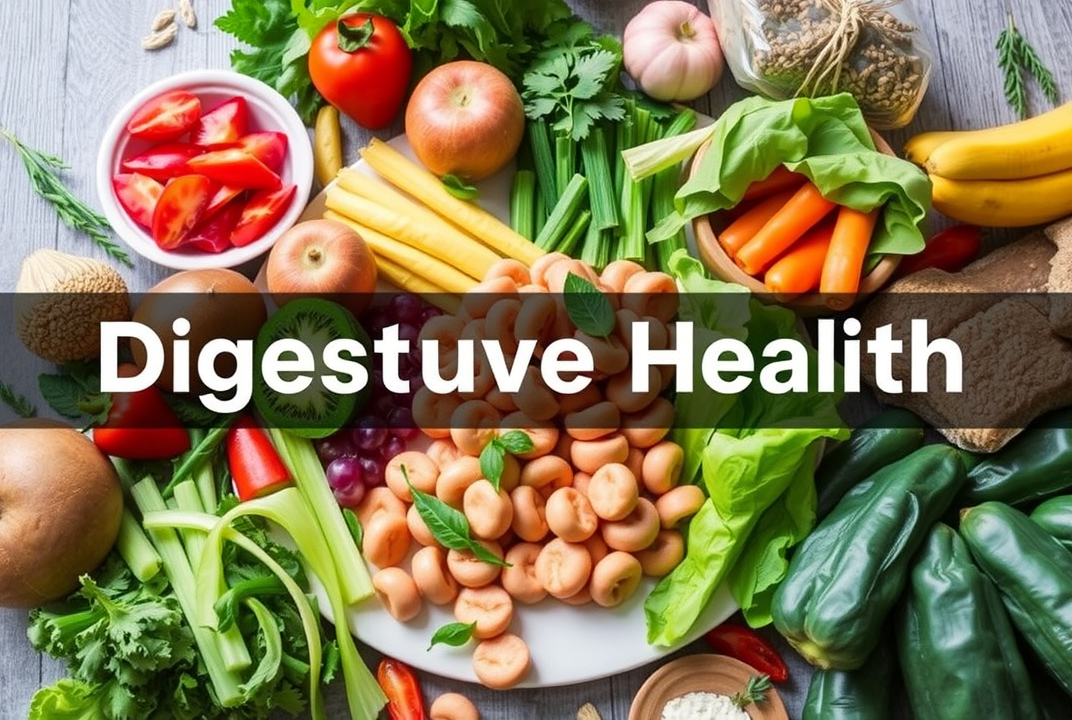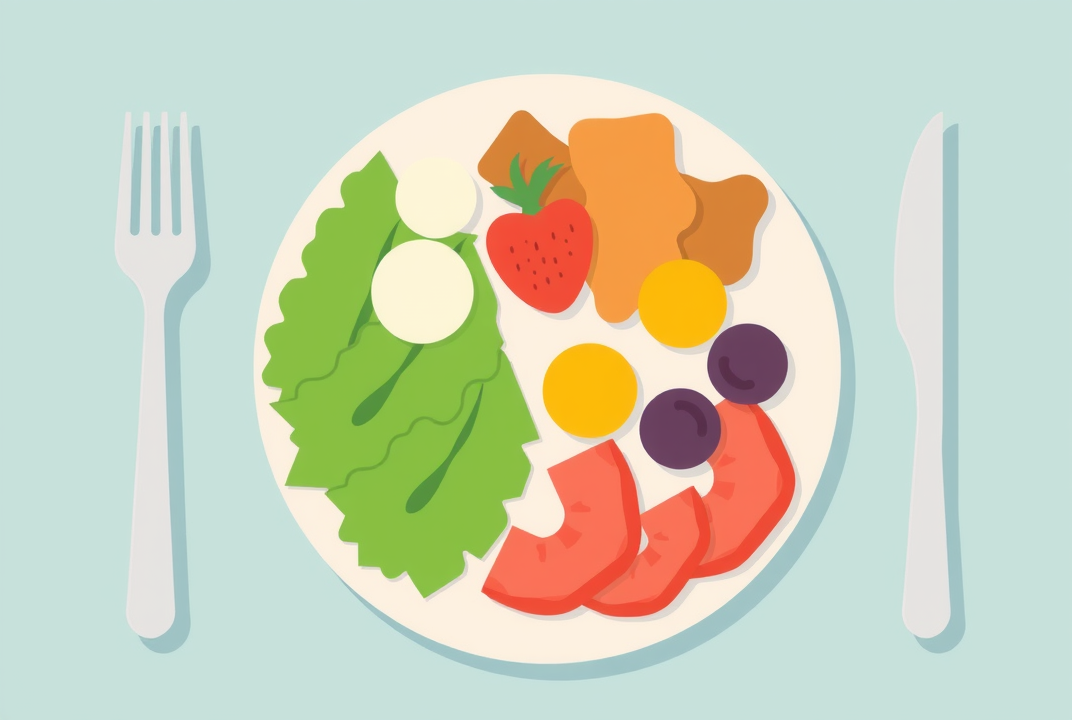Understanding Dietary Triggers for Diverticulitis Flare-Ups

Introduction
Have you ever considered how the food you eat might affect your digestive health? For individuals dealing with diverticulitis, dietary choices are not just about nutrition but managing or preventing painful flare-ups. Diverticulitis is a condition characterized by inflammation of small pouches in the digestive tract known as diverticula. Although varying from person to person, certain foods can act as irritants, triggering symptoms and discomfort.
In this comprehensive guide, we will explore the dietary triggers that can lead to diverticulitis flare-up symptoms. Readers will gain insights into how diet impacts this condition and learn practical strategies for managing their dietary choices more effectively.
What is Diverticulitis?
Understanding the basics of diverticulitis is crucial before delving into dietary triggers. Diverticulitis occurs when diverticula become inflamed or infected. These pouches, often found in the large intestine, develop when weak spots in the intestinal wall balloon outward. While typically harmless, they can lead to complications when inflamed.
Common symptoms include abdominal pain, fever, nausea, and a change in bowel habits. While there are various treatment options, identifying and managing dietary triggers play a significant role in prevention and control.
Common Dietary Triggers
Several foods are frequently identified as triggers for diverticulitis symptoms. Being mindful of these triggers and understanding how they affect your digestion is key to managing this condition.
High-FODMAP Foods
FODMAPs (Fermentable Oligo-, Di-, Mono-saccharides, and Polyols) are short-chain carbohydrates poorly absorbed in the gut. They can cause digestive issues, including diarrhea and bloating, increasing the risk of diverticulitis flare-ups. Common FODMAP-rich foods include certain fruits like apples, stone fruits, and high-lactose dairy products.
Nuts and Seeds
Traditionally, nuts and seeds were believed to cause diverticulitis symptoms by irritating the intestinal lining. Despite recent debates, many healthcare professionals still advise avoiding these foods during active flare-ups as a precaution.
Red and Processed Meats
Consuming red and processed meats is linked to numerous health conditions and may exacerbate diverticulitis symptoms. Lean proteins such as poultry or fish are typically recommended as healthier alternatives.

Low-Fiber Diet
A low-fiber diet can lead to constipation, increasing pressure on the colon and potentially triggering diverticulitis. Incorporating soluble fiber from vegetables, fruits, and whole grains can promote regular bowel movements and reduce symptoms.
Adopting a Diverticulitis-Friendly Diet
While avoiding triggers is essential, adopting a balanced diet is equally important in managing diverticulitis. Here’s how you can create a digestive-friendly meal plan.
Increase Fiber Gradually
Adding fiber to your diet helps regulate digestion but should be done gradually to prevent discomfort. Start by incorporating small amounts of whole grains, beans, and fiber-rich vegetables.
Stay Hydrated
Hydration plays a key role in maintaining digestive health. Water helps to soften stools, making them easier to pass. Aim for 8-10 cups of water daily, adjusting based on your activity level and climate.

Opt for Probiotic-Rich Foods
Probiotics aid in maintaining a healthy gut by promoting beneficial bacteria growth. Incorporate foods like yogurt, kefir, and fermented vegetables into your diet.
Balanced Meals
Ensure your meals contain the right mix of macronutrients. A balanced meal includes complex carbohydrates, lean protein, and healthy fats, supporting overall wellbeing and digestive health.
Personalizing Your Diet
Each person's reaction to different foods varies. Consider keeping a food diary to track your meals and identify any patterns related to flare-ups.
Understanding your body's unique triggers can empower you to make informed dietary choices, minimizing the risk of diverticulitis symptoms.
Conclusion
Managing diverticulitis through dietary choices requires awareness and adaptation. By understanding common triggers and adopting a balanced diet, you can reduce the likelihood of painful flare-ups and enhance your digestive health.
If you have concerns about your diet and diverticulitis, consider consulting with a healthcare professional or nutritionist. They can offer personalized guidance tailored to your specific health needs.